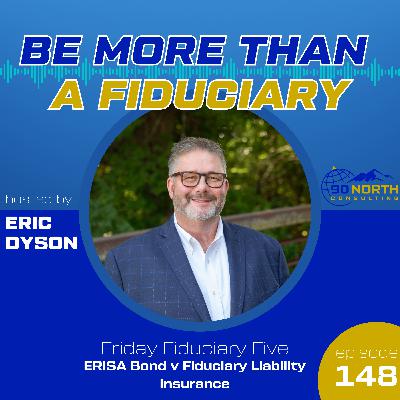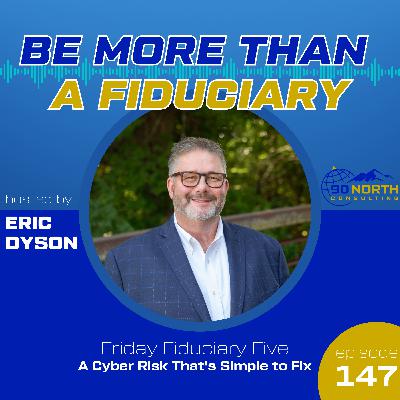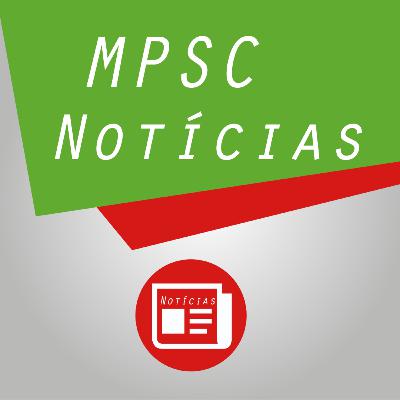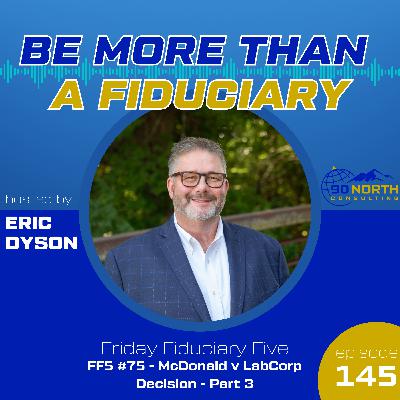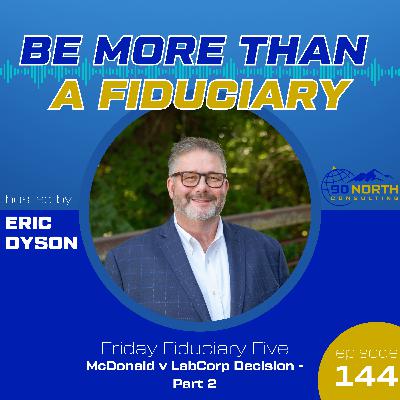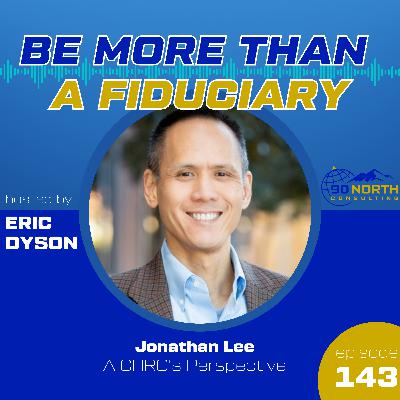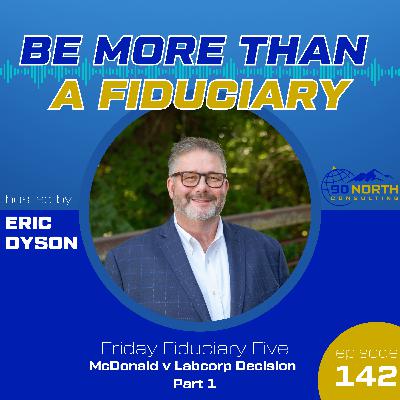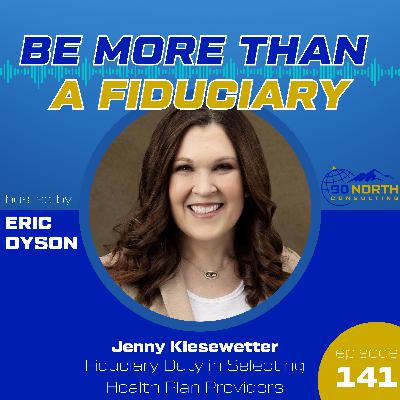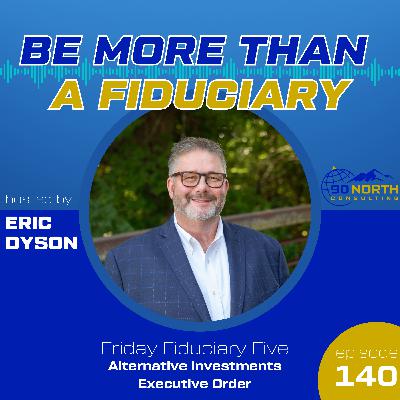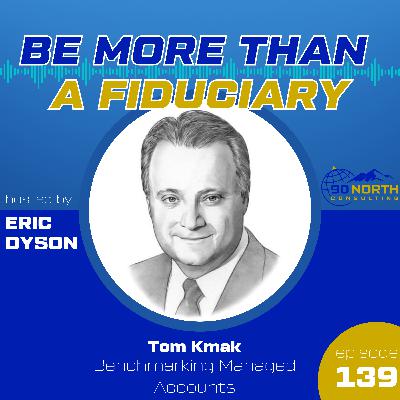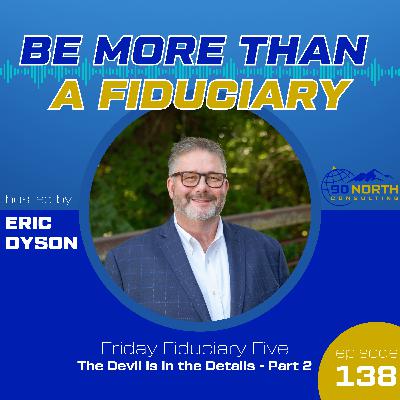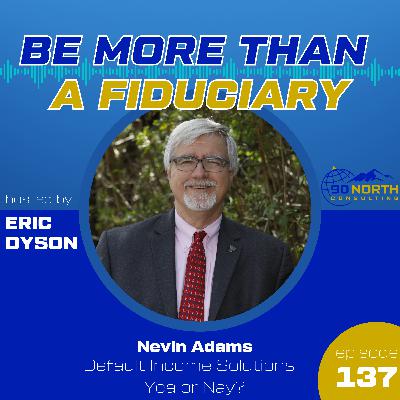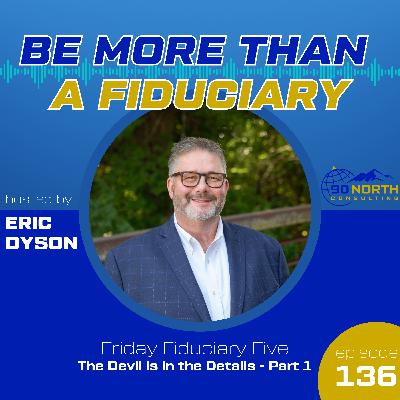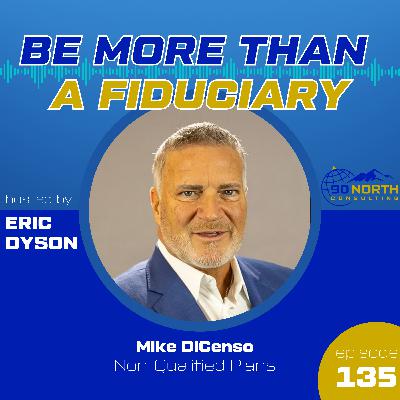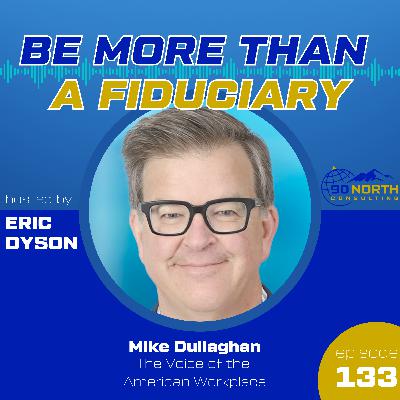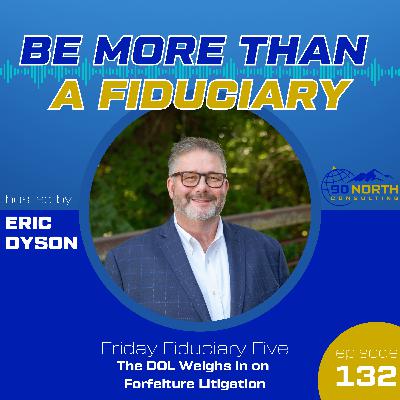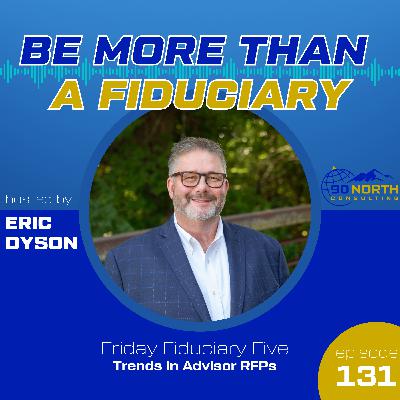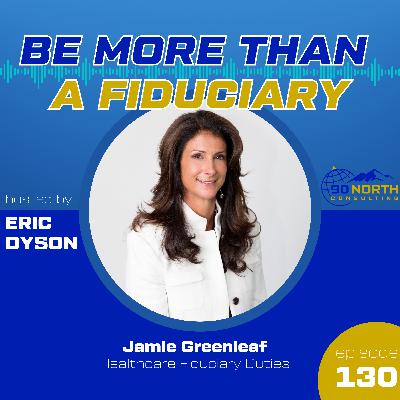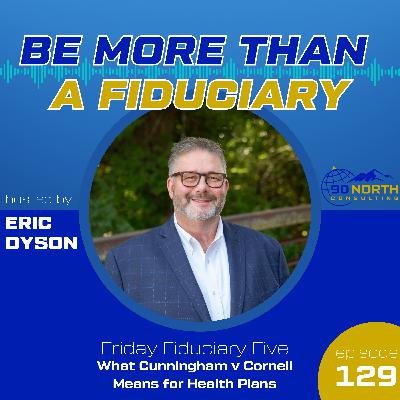Now “retired” (whatever that means), Nevin is the former Chief Content Officer and Head of Retirement Research for the American Retirement Association. One of the retirement industry’s most prolific writers, these days he’s “retired”, which means he writes less, but continues to keep his eye on developments in, and threats to, the nation’s private retirement system. He’s the Chief Advisor Strategist at Endeavor Retirement, and he’s also the “Nevin” in the Nevin & Fred podcast (along with renowned ERISA attorney Fred Reish), offering irreverent, but relevant perspectives on the critical issues confronting plan sponsors, advisors, and retirement industry professionals. Prior to his time at the ARA, he was the Employee Benefits Research Institute’s Director of Education and External Relations, Co-Director of EBRI’s Center for Research on Retirement Income, and Director of the American Savings Education Council, and prior to that, spent a dozen years as Global Editor-in-Chief of PLANSPONSOR magazine and PLANSPONSOR.com, as well as PLANADVISER and PLANSPONSOR Europe magazines. He was the originator, creator, writer, and publisher of PLANSPONSOR.com’s NewsDash. He began his retirement services career at Northern Trust in Chicago, where he later served in a variety of management roles, culminating in the development of a proprietary recordkeeping platform, and at Wachovia Bank, leading their defined contribution/recordkeeping businesses.In this episode, Eric and Nevin Adams discuss:Retirement income requires tailored solutions.Fiduciary roles shift after adoption.Default options remain a challenge.Adoption will be gradual and cautious.Key Takeaways:There’s a wide range of income options beyond annuities, but each plan should carefully assess its participants’ needs before implementing anything.Choosing to offer a retirement income option begins as a settlor decision, but once implemented, it becomes a fiduciary duty to select the specific solution, to monitor, and manage.Auto-enrolling participants into lifetime income products is complex—many don’t fully grasp the trade-offs, and surveys show mixed interest.Due to regulatory uncertainty and logistical hurdles, most plan sponsors are expected to move conservatively, guided by education and expert consultation.“How are we making default lifetime income assumptions about people on a generic basis without some of that nuance? Aren't you, almost by definition, creating a product that's not really going to fit people anyway?” - Nevin AdamsConnect with Nevin Adams:Website: https://nevinandfred.com/ LinkedIn: https://www.linkedin.com/in/nevinadams/ Connect with Eric Dyson: Website: https://90northllc.com/Phone: 940-248-4800Email: contact@90northllc.com LinkedIn: https://www.linkedin.com/in/401kguy/ The information and content of this podcast are general in nature and are provided solely for educational and informational purposes. It is believed to be accurate and reliable as of the posting date, but may be subject to changeIt is not intended to provide a specific recommendation for any type of product or service discussed in this presentation or to provide any warranties, investment advice, financial advice, tax, plan design, or legal advice (unless otherwise specifically indicated). Please consult your own independent advisor as to any investment, tax, or legal statements made.The specific facts and circumstances of all qualified plans can vary, and the information contained in this podcast may or may not apply to your individual circumstances or to your plan or client plan-specific circumstances.



